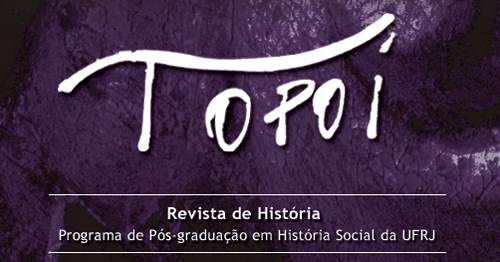Resumo em Português:
Este estudo trata do desafio que diversos autores brasileiros de ascendência judaica enfrentam ao negarem uma afirmação absolutista de expressão étnica ou identitária que emerge hoje em dia nas discussões sobre pluralidade, multiculturalismo e o que é considerado "politicamente correto." Entre outros temas, o assunto de alteridade é especialmente referido para sublinhar como a expressão literária de autores judeus no Brasil desconstrói o flagrante emprego tradicional de "identidade." Esta ótica se inspira muito no pequeno livro de aforismos de Leon Wieseltier, Against Identity, [Contra Identidade] e de visões articuladas por outros pensadores como Hannah Arendt, John Stuart Mill, Sigmund Freud, Zygmunt Bauman, Charles Taylor e Edward Said. Aqui a argumentação ou exposição se apropria basicamente de certas obras de ficção de Clarice Lispector e de Samuel Rawet, mas também inclui breves referências a outros escritores judeus no Brasil, como Moacyr Scliar, Cíntia Moscovich, Bernardo Ajzenberg, junto com pensamentos de artistas, scholars, pensadores, e ensaístas internacionais, judeus e não-judeus, a fim de entender principalmente como eles abordam, no seu tratamento ficcional e não-ficcional, a idéia de identidade, pertencimento e alteridade, seja ela étnica, grupal ou individual.
Resumo em Inglês:
This study focuses upon the challenge that diverse Brazilian writers of Jewish ancestry mount against the absolutist affirmation of ethnic or identity expression which frequently emerges today in discussions about plurality, multiculturalism and what is considered to be "politically correct." Amidst other themes, the topic of alterity is specifically referenced in order to underscore how Jewish expression in Brazil deconstructs the flagrantly traditional concept of "identity." This optic is much inspired by the short book of aphorisms by Leon Wieseltier, Against Identity as well as by the views of other thinkers such as Hannah Arendt, John Stuart Mill, Sigmund Freud, Zygmunt Bauman, Charles Taylor, and Edward Said. Here, the argumentation or exposition will basically draw upon certain works of fiction by Clarice Lispector and Samuel Rawet but also accompanied by brief references to other Jewish writers from Brazil such as Moacyr Scliar, Cíntia Moscovich and Bernardo Ajzenberg, in addition to the thinking of international artists, scholars, thinkers, and essayists, Jewish and non-Jewish, with the principal objective of understanding how these voices approach, via fiction and non-fiction, the idea of identity, belongingness and alterity, be it ethnic, group or individual.
